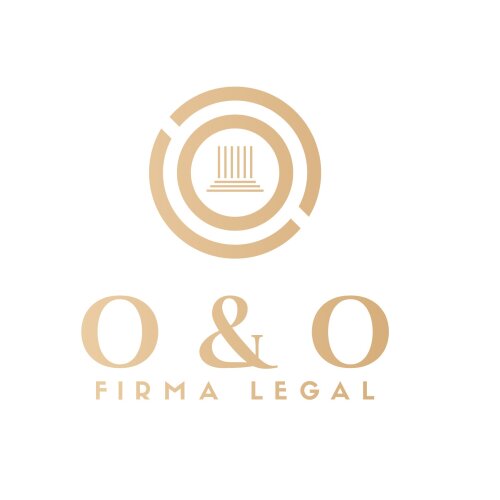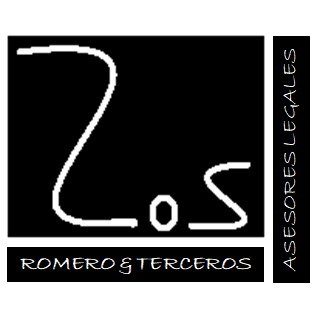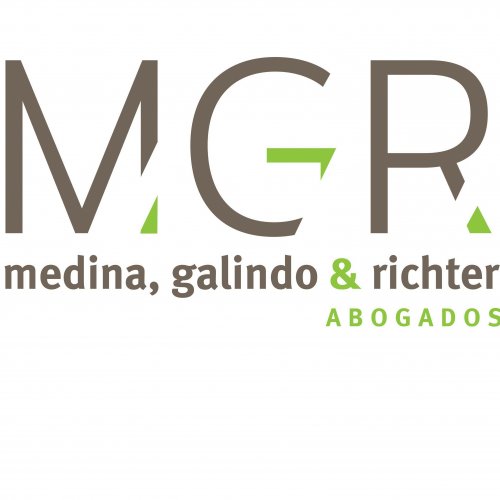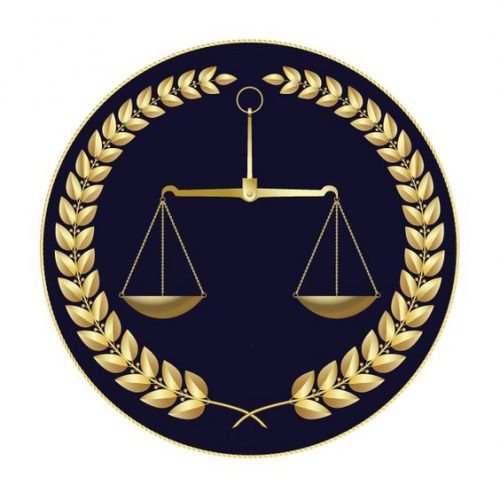Best Sanctions & Export Controls Lawyers in Bolivia
Share your needs with us, get contacted by law firms.
Free. Takes 2 min.
Or refine your search by selecting a city:
List of the best lawyers in Bolivia
About Sanctions & Export Controls Law in Bolivia
Sanctions and export controls in Bolivia refer to the legal framework governing the transfer, export, and import of goods, technologies, and services across the country's borders, especially those which may impact national security, foreign policy, and compliance with international commitments. These regulations are intended to control the movement of sensitive products like arms, dual-use goods, and items subject to international embargoes. Bolivia maintains its own domestic laws while also being a party to several international treaties and regional agreements that shape its approach to sanctions and export controls.
Why You May Need a Lawyer
Legal issues relating to sanctions and export controls can be complex and carry significant consequences, including substantial fines, loss of business licenses, or even criminal prosecution. Individuals and businesses might need legal assistance in situations such as:
- Exporting goods or technology that may be subject to Bolivian or international restrictions
- Facing investigations or enforcement actions for alleged violations of export control laws
- Needing to understand the legal requirements for importing controlled items
- Complying with updates to sanctions lists or new regulations affecting trade partners
- Negotiating contracts with foreign entities that may invoke export control concerns
- Applying for licenses or authorizations required to export certain products
- Responding to customs seizures or administrative penalties
A qualified lawyer can help ensure compliance, navigate licensing, represent clients before authorities, and reduce the risk of non-compliance.
Local Laws Overview
Bolivia’s legal framework for sanctions and export controls includes a mix of national laws, ministerial regulations, and international agreements. Some key features include:
- Customs Law (Ley General de Aduanas): Sets out customs procedures, including restrictions and prohibitions on certain exports and imports.
- Resolution from Relevant Ministries: Ministries such as the Ministry of Defense, Ministry of Foreign Relations, and Ministry of Economy may issue additional rules, especially regarding dual-use goods, chemicals, arms, and items of strategic importance.
- International Commitments: Bolivia is a party to treaties like the Chemical Weapons Convention, United Nations sanctions regimes, and commitments under regional organizations which all impact national law.
- Sanctions Lists: The Bolivian government maintains lists of individuals, organizations, and countries subject to sanctions, in alignment with international mandates or domestic decisions.
- Licensing Requirements: Exporters of restricted items often must apply for and obtain prior authorization before carrying out transactions.
- Penalties & Enforcement: Violations may lead to administrative sanctions, criminal prosecution, or confiscation of goods.
Frequently Asked Questions
What are export controls in Bolivia?
Export controls are laws and regulations that restrict or require authorization for the export of certain goods and technologies from Bolivia, especially those that have potential military, dual-use, or strategic value.
Which goods are typically subject to export controls in Bolivia?
Goods such as military equipment, firearms, dual-use chemicals, minerals, pharmaceuticals, and high-tech electronics may be subject to export control regulations depending on current law and international agreements.
Are there any countries or entities sanctioned by Bolivia?
Yes, Bolivia adheres to sanctions approved by the United Nations and sometimes imposes national-level sanctions in line with its foreign policy interests. The official lists are updated periodically.
What penalties exist for violating sanctions or export controls regulations?
Penalties can include administrative fines, confiscation of products, suspension or revocation of business licenses, and in some cases, criminal prosecution with potential imprisonment.
When is an export license required in Bolivia?
A license is required for exporting goods or technology listed as controlled, restricted, or prohibited under Bolivian law or relevant bilateral and multilateral agreements. This also applies to strategic sectors like arms, chemicals, and endangered species.
Can individuals appeal export control decisions in Bolivia?
Yes, individuals and businesses have the right to appeal administrative decisions regarding the denial of licenses, seizures, or sanctions through established legal channels.
How do I find out if my goods are restricted or controlled?
You should consult the relevant lists published by Bolivian authorities, review the Customs Law, and consider guidance from the Ministry of Defense or Economy. Legal counsel can assist in the classification and interpretation process.
Are there exemptions for humanitarian goods or services?
Certain exemptions may apply, particularly for food, medicine, and humanitarian aid destined for sanctioned regions, but proper authorization and documentation are still required.
How are international sanctions enforced in Bolivia?
Bolivian authorities implement and enforce international sanctions through border controls, customs inspections, and coordination with foreign agencies, ensuring all international obligations are respected.
What should I do if my shipment is detained at customs due to suspected export control issues?
You should seek immediate legal advice, provide all required documentation to customs, and, if necessary, file an appeal or request administrative review to resolve the situation.
Additional Resources
If you need further information or assistance regarding sanctions and export controls in Bolivia, consider contacting the following:
- Ministry of Economy and Public Finance - responsible for economic regulations and trade licensure
- National Customs Service (Aduana Nacional de Bolivia) - primary authority for border and customs matters
- Ministry of Foreign Relations - for information on international sanctions and diplomatic relations
- Chamber of Exporters (Cámara de Exportadores) - industry guidance and regulatory compliance support
- Professional legal associations - listing of certified lawyers with experience in export control and sanctions law
Next Steps
If you believe you might be affected by sanctions or export controls, follow these steps:
- Identify whether your business or personal activities involve restricted goods, technologies, or sanctioned entities
- Consult the latest regulations and official lists published by Bolivian authorities
- Gather all relevant documents regarding your goods, transactions, or potential legal issue
- Seek legal advice from a lawyer or firm with experience in Bolivian sanctions and export controls law
- Ensure all applications and filings are complete, accurate, and timely to avoid unnecessary delays or penalties
- Stay informed about updates in legislation, international obligations, and changes to sanctions regimes that might impact your activities
With proper guidance and due diligence, individuals and businesses can navigate the complexities of sanctions and export controls in Bolivia more confidently and securely.
Lawzana helps you find the best lawyers and law firms in Bolivia through a curated and pre-screened list of qualified legal professionals. Our platform offers rankings and detailed profiles of attorneys and law firms, allowing you to compare based on practice areas, including Sanctions & Export Controls, experience, and client feedback.
Each profile includes a description of the firm's areas of practice, client reviews, team members and partners, year of establishment, spoken languages, office locations, contact information, social media presence, and any published articles or resources. Most firms on our platform speak English and are experienced in both local and international legal matters.
Get a quote from top-rated law firms in Bolivia — quickly, securely, and without unnecessary hassle.
Disclaimer:
The information provided on this page is for general informational purposes only and does not constitute legal advice. While we strive to ensure the accuracy and relevance of the content, legal information may change over time, and interpretations of the law can vary. You should always consult with a qualified legal professional for advice specific to your situation.
We disclaim all liability for actions taken or not taken based on the content of this page. If you believe any information is incorrect or outdated, please contact us, and we will review and update it where appropriate.
Browse sanctions & export controls law firms by city in Bolivia
Refine your search by selecting a city.

















